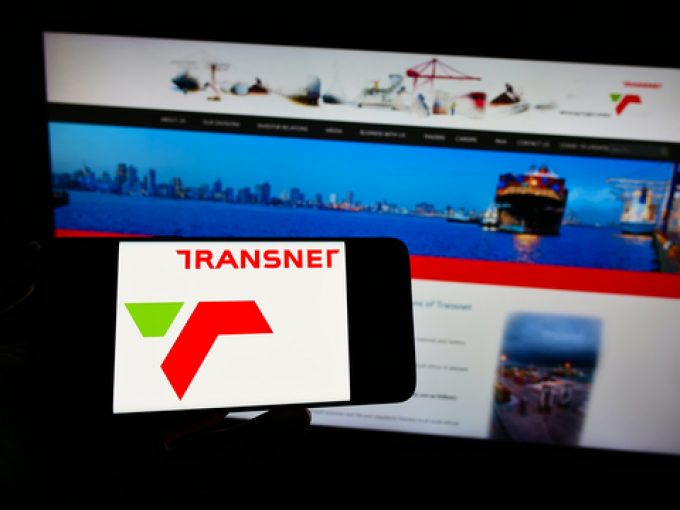Durban Pier 2 development 'delayed by misdirection'
Durban’s Pier 2, South Africa’s main container gateway, continues to be regularly beset by severe ...

South Africa’s port authority has moved the sector closer to privatisation after striking a “game-changing” 25-year partnership with International Container Terminal Services (ICTSI).
State-run Transnet said it selected ICTSI as preferred bidder for a joint-venture that will initially expand Durban Container Terminal Pier 2’s capacity from 2m to 2.8m teu – a highly contentious move.
Head of research and development at South African forwarding association SAAFF, Jacob van Rensburg, told The Loadstar: “This is a significant development for South African logistics.
“Despite need ...
Asia-USEC shippers to lose 42% capacity in a surge of blanked sailings
USTR fees will lead to 'complete destabilisation' of container shipping alliances
New USTR port fees threaten shipping and global supply chains, says Cosco
Outlook for container shipping 'more uncertain now than at the onset of Covid'
Transpac container service closures mount
DHL Express suspends non-de minimis B2C parcels to US consumers
Zim ordered to pay Samsung $3.7m for 'wrongful' D&D charges
Flexport lawsuit an 'undifferentiated mass of gibberish', claims Freightmate

Comment on this article